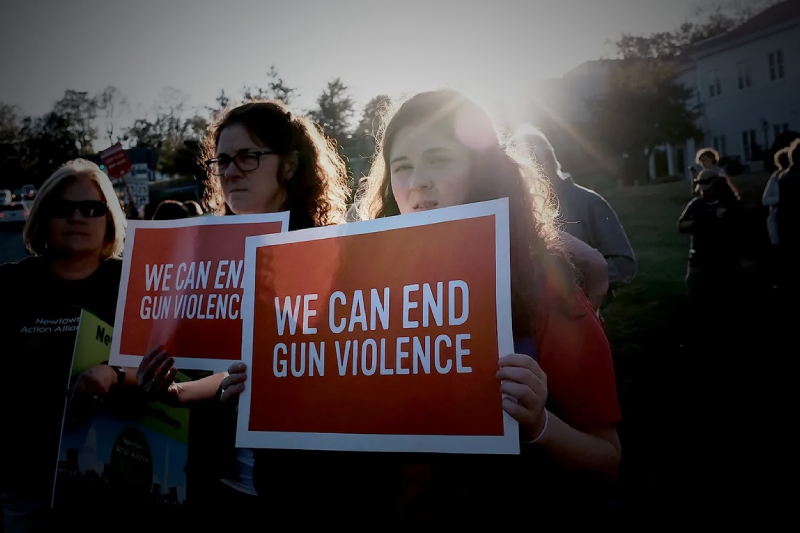
Gun Violence Bill announced by US Senators with bipartisan support
US Senators have announced much anticipated agreement on a bipartisan gun violence bill – a small but critical breakthrough on much called for gun control following recent series of mass shootings across the country.
A framework proposal was agreed upon after the bargains in Senate for nine days, and 29 years after last curbs on firearms were enacted by Congress. Senators Chris Murphy, a Democrat and John Cornyn, a Republican, on Tuesday told reporters that a final consensus on the gun control proposal’s details had been reached.
The bill
Lawmakers have released the 80-page bill nine days after coming on agreement to a framework for the gun control plan. It successfully cleared an initial hurdle by 64-34, with 14 Republicans joining all 48 Democrats and two allied independents to vote yes. This was in strong support to a prediction by Senate Majority Leader Chuck Schumer, D-N.Y., of approval later this week.
What to expect from the gun control legislation?
The legislation is expected to bring in tough background checks for the young buyers of the firearms, make it mandatory for sellers to conduct background checks and increase penalties on gun traffickers. It would also extend funds to states and communities in direction of improving school safety and mental health initiatives.
The bill includes calling for funds to encourage states to implement “red flag” laws for removing firearms from people who are considered a threat. It also includes $15bn (£12.2bn) in federal funding towards mental health programs and school security upgrades. It also closes on the so-called “boyfriend loophole” that blocks sales of guns to people who have history of being convicted for abusing unmarried intimate partners.
Democratic Senate leader Chuck Schumer said in a statement,
“This bipartisan gun-safety legislation is progress and will save lives. While it is not everything we want, this legislation is urgently-needed.”
As expected, the NRA (National Rifle Association) chose to stay in denial and opposed the bill, saying it
“does little to truly address violent crime” and “can be abused to restrict lawful gun purchases”.




